Table of Contents
ToggleIn Vitro Fertilisation (IVF), is a procedure that benefits many people by helping them attain the joy of being a parent. IVF has been responsible for the birth of more than six million babies worldwide.
Aastha Fertility Care enables you to understand what factors affect the treatment and, in this particular case, how the age of a woman affects it. If you are considering IVF as a treatment option, you must know the details surrounding the success rate of such treatments in various circumstances. The IVF success rate greatly varies and depends upon factors such as age, cause of infertility, lifestyle, and most significantly, ‘embryo’.
Fertility rates tend to decline with age, the IVF success rate follows the same pattern. Many private clinics in India have specified 70-80% success rates for women under 35 and a 40-50% chance for those over 40.
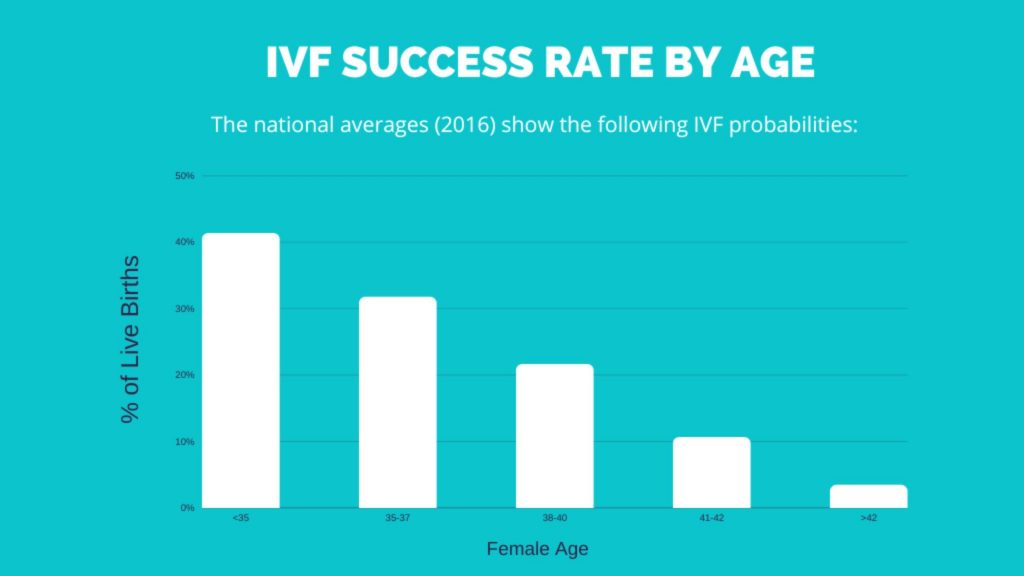
IVF Success Rates for Women Under 35
Women under 35 have a greater chance of IVF success than women above. The statistical data states that the IVF success rate for women under 35 is 55.6%. For a woman using her own egg, live births per first embryo transfer are 41.4%. There is a 47% success rate for a later embryo transfer.
Several IVF cycles performed impact the conception rates. Some evidence shows that success rates increase with more IVF cycles, such as after six cycles.
Throughout a woman’s 30s, egg quality and quantity tend to decline. Hence one should always consider the possibility of failure during an IVF cycle.
New methods are continuously being devised to improve IVF success rates. This is the time when most IVF treatments are successful. Therefore, one should be fast in cases like this as the conceiving chances gradually decline.
IVF Success Rates for Women 35-37
A report published by Society for Assisted Reproductive Treatment (SART) about IVF success rates shows that for women between the age of 35-37, there were 40.8% of live births by using their own eggs. Live births based on first embryo transfer is 29.6% and 44.7% for a later embryo transfer.
Some factors responsible for IVF success rates in this age category contain the quality of the embryo, the poor embryo quality increases the risk of miscarriage or failure to implant at the age of 35.
In general, a low ovarian reserve or lower quality eggs and fewer eggs can decrease a woman’s chances of becoming pregnant or obtaining a quality embryo that successfully implants on the uterine wall.
The chances of having a successful pregnancy are subsequently reduced but can be achieved by maintaining a healthy lifestyle and coping with the instruction given by the reproductive endocrinologists.
IVF Success Rates for Women 38-40
According to Forbes, the success rate for women of age between 38 and 40 is 26.8%, a significant decline from 35 to 37 years of age. The success rate of the first embryo transfer is 22.3% and the second embryo transfer is 40.9% at his age.
The same factors responsible for the success rate in the age group of 35-37 are just more upgraded for women aged 38-40 and lessen the rates of conception. For example, deteriorated egg and embryo quality and individual fertility issues also impact the success rates of IVF largely.
Consumption of multivitamins also helps in boosting egg and sperm quantity and quality, as advised by specialists. Many patients require more than one cycle of IVF to achieve an embryo for transfer, and outcomes may vary significantly from process to cycle. Henceforth, one should maintain hope and be patient as well as persistent.
IVF Success Rates for Women Over 40
IVF at 40 and beyond has allowed many women to go on and have successful births. However, after the age of 40, fertility declines dramatically. For women over 40, the IVF success rate is around 7%, and mainly aged 41 to 42, women show a live birth rate of 10%, Whereas from 43 to 44, the live birth rate is as low as 4%. In many cases, women above 40 prefer to use donor eggs, eliminating the age factor in pregnancy success.
As a woman ages, there tend to be fewer eggs and reduced egg quality.
Low egg count and uterine lining issues are some major backdrops that occur in females above the age of 40 pursuing IVF treatment.
The chances of having a successful pregnancy with IVF at this age are meagre, but with proper care and treatment, success can be achieved. We have special facilities and treatment plans for such cases.
Factors That Affect IVF Success Rates
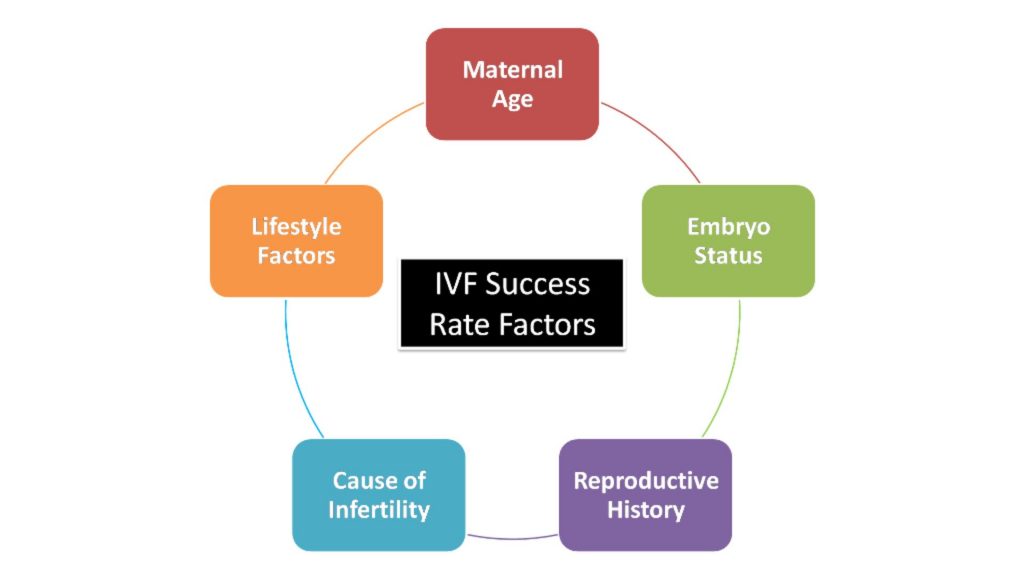
Even though it is high, the success rate with IVF treatment depends on many external and internal variables.
Lifestyle changes significantly determine your conception rate; a few are listed below to keep you informed.
- Reducing stress is a must followed practice during your treatment. Your stress levels can influence natural and assisted conception rates. One of the most difficult tasks for couples is to achieve decreased stress levels. Stress-relieving exercises like enrolling in yoga, mind-body programmes, meditation, and workshops have proved enormously helpful to the partners.
- Maintaining a healthy weight should be your priority, as being obese (BMI>35) or underweight (BMI<19) affects IVF success rates. Being overweight increases the chance of complications during egg retrievals and makes monitoring ovaries more difficult. Necessary changes in diet and lifestyle (with professional help if required) are essential to attain a healthy weight.
- Quit smoking and alcohol consumption to drastically increase the chance of success because it affects egg and sperm quality. Quitting smoking is not an easy task and often requires much personal and professional support. Structured programs are also set up for such practices.
- Using multivitamins and maintaining optimal body weight in men, too, enhances sperm quality. Under appropriate care, men can also be started on medications that can help boost sperm numbers and optimise sperm health, which can benefit IVF outcomes.
Conclusion
In a world of online reviews, it is difficult to determine the credibility of a particular clinic or its doctors involved. Asking for recommendations from friends and family who know you best can help guide you to a knowledgeable physician with whom you feel comfortable, but also be sure to do your research.
Here at Aastha Fertility, one can make you feel comfortable and connected. Your doctor will accompany you on this very emotional journey, and it is important for you to feel supported and heard. Therefore, choosing excellent reproductive endocrinologists with experience and working through evidence-based medicine is essential. Aastha Fertility Care offers a unique model which perfects specific aspects of the experience according to the patient’s requirements. Contact Us Now!

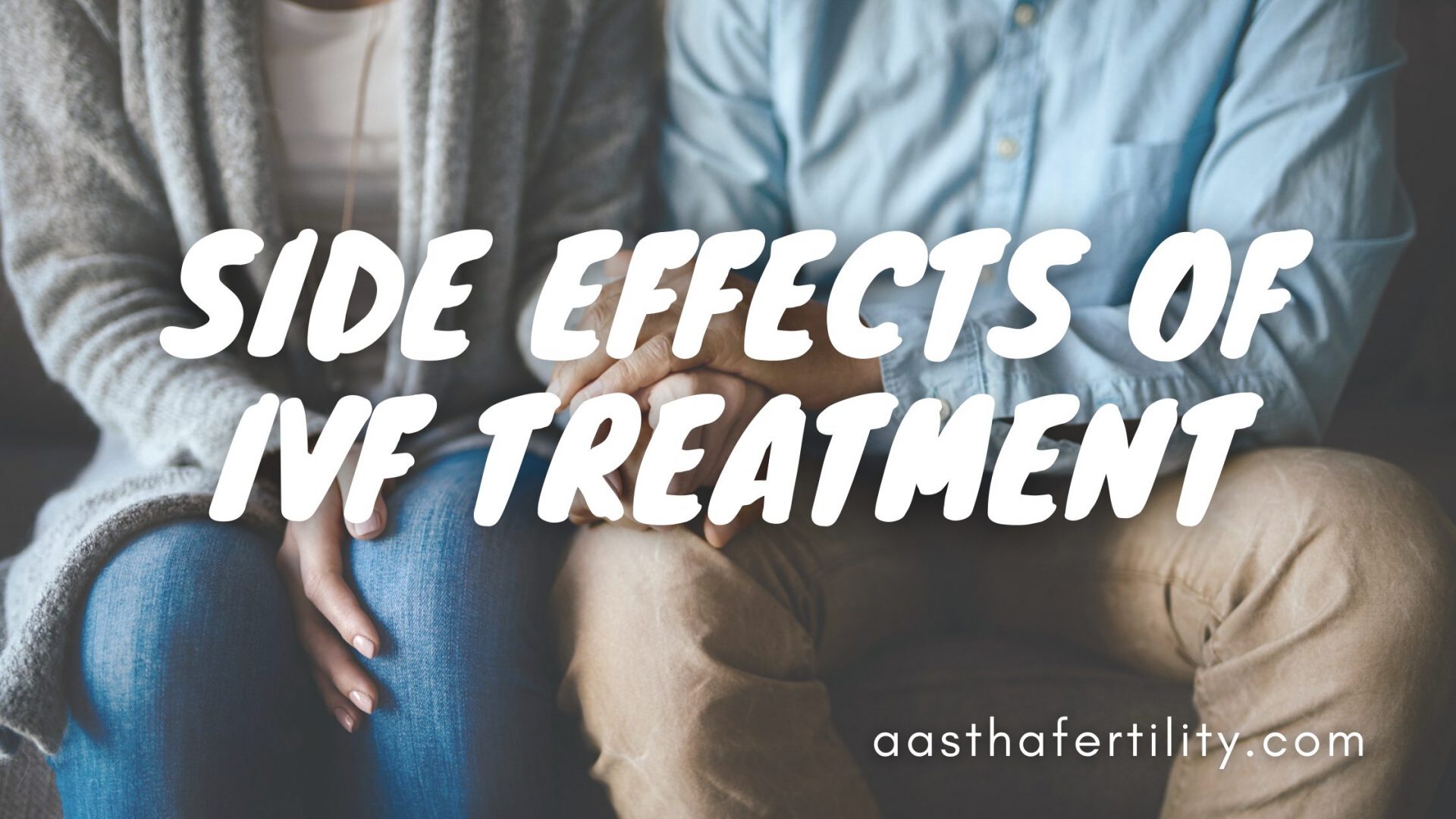
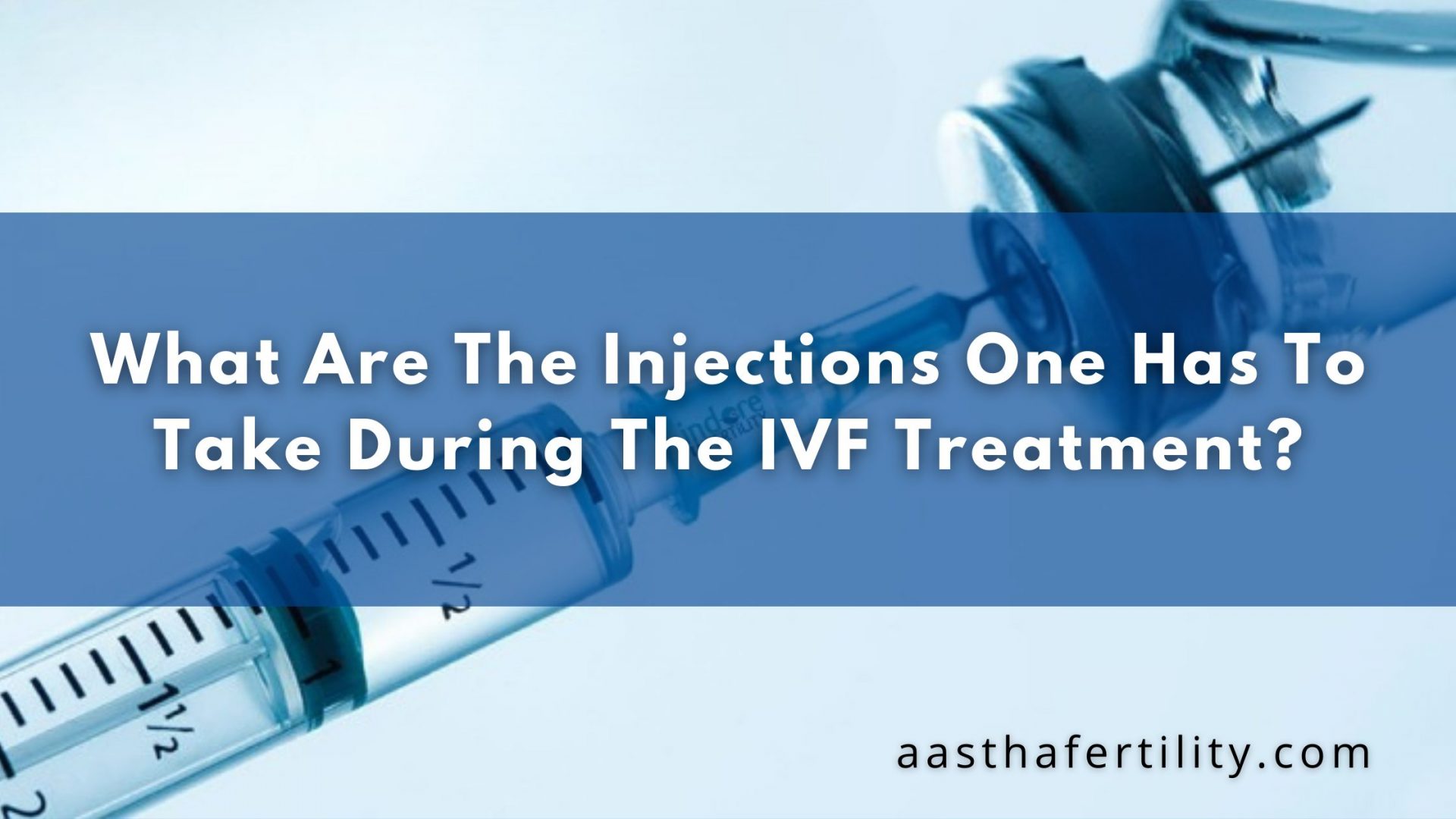
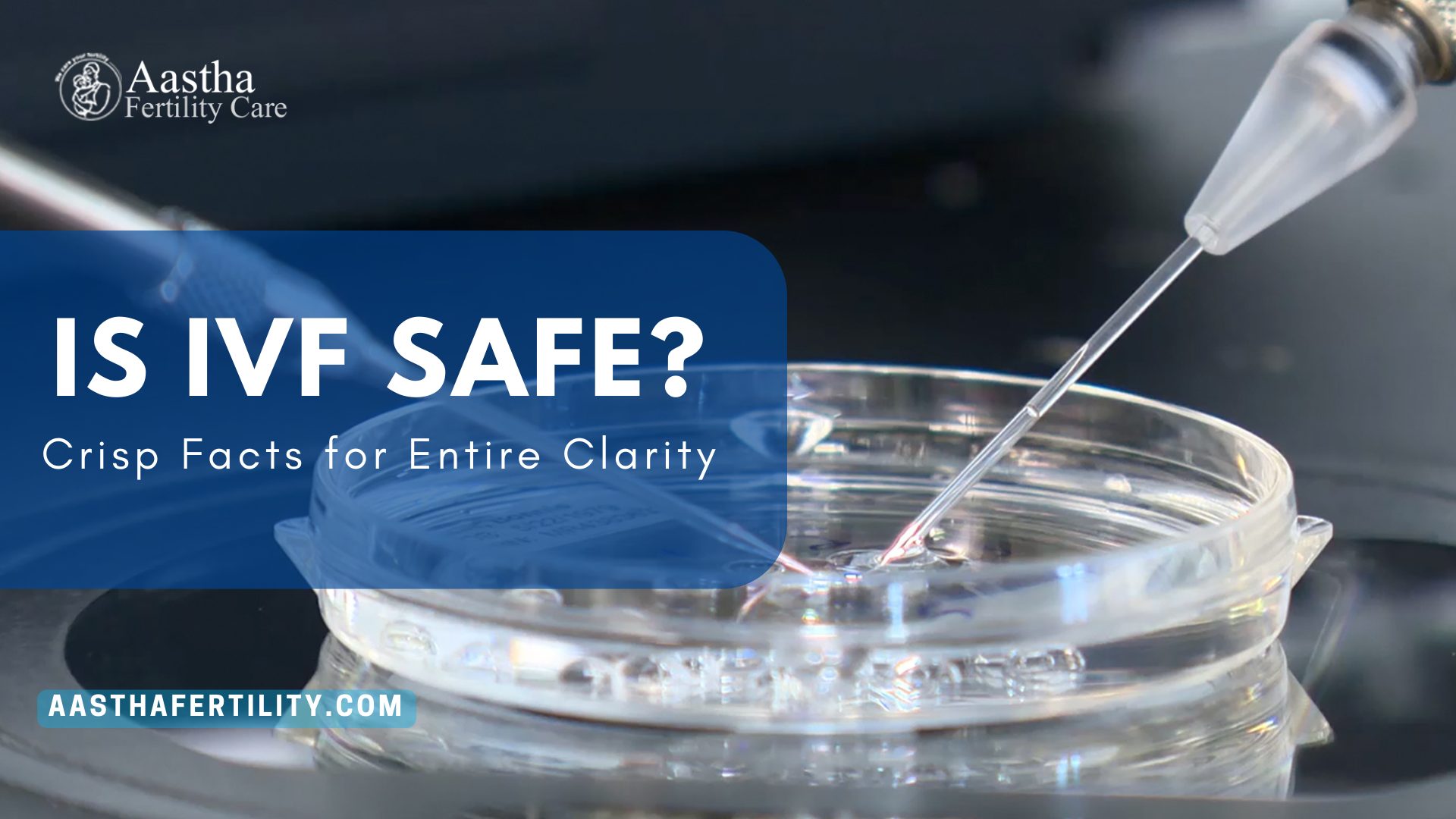

Leave a comment